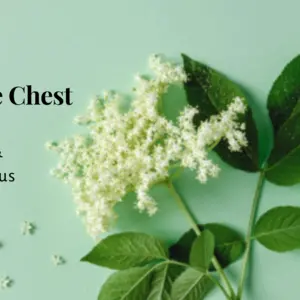

Mental and Behavioral Well-Being

Mental and Behavioral Well-Being
Gratitude: A Powerful Practice to Prevent Suicide and Ease Depression
In these times of uncertainty and fear, depression has blanketed millions. According to World Health Organization (WHO) data, more than 264 million people suffer from this all-too-common mental disorder. Whether someone is struggling with suicidal thoughts and depression themselves or has a loved one experiencing the anguish of mental pain, the repercussions can be devastating. WHO says depression is a leading cause of disability and a major contributor to suicide rates.
Preventing and treating depression is possible with medication, but there are effective ways to cope without a prescription. A study published in the Journal of Personality in 2021 found that gratitude is related to a lower risk of suicide. This includes those experiencing acute mental health issues like severe depression. The cross-sectional study of inpatients at a Christian psychiatric hospital aimed to identify protective factors against suicidal risk. Study researchers concluded that gratitude works by helping people practice patience and find meaning in the hardships they are facing. Gratitude should be used in conjunction with standard psychiatric treatment to minimize suicide risk, they concluded.
From personal testimonials to scientific studies, there is much evidence that gratitude lifts spirits and brings light into the shadows of despair. Practicing gratitude can bring a glimmer of hope that will grow to overcome the darkness of depression. By building a grateful disposition and practicing gratitude daily, depression can be eased or even prevented. Gratitude can provide mental strength and the ability to handle life’s challenges as they come.
The practice of gratitude can be as simple as writing down three things one is grateful for every day, says the Maryland University of Integrative Health (MUIH), which launched an active Gratitude Tuesday program in 2019. “We believe in the power of gratitude and promote a culture of gratitude within our community,” says Marc Levin, president of MUIH.
REFERENCES
Schnitker, S., Currier, J., Abernethy, A., vanOyen Witvliet, C., Foster, J., Root Luna, L., VanHarn, K., & Carter, J. (2021, April 27). Gratitude and patience moderate meaning struggles and suicidal risk in a cross-sectional study of inpatients at a Christian psychiatric hospital. Journal of Personality. https://onlinelibrary.wiley.com/doi/abs/10.1111/jopy.12644
World Health Organization. (2020, Jan. 30). Depression. https://www.who.int/news-room/fact-sheets/detail/depression


 By
By







